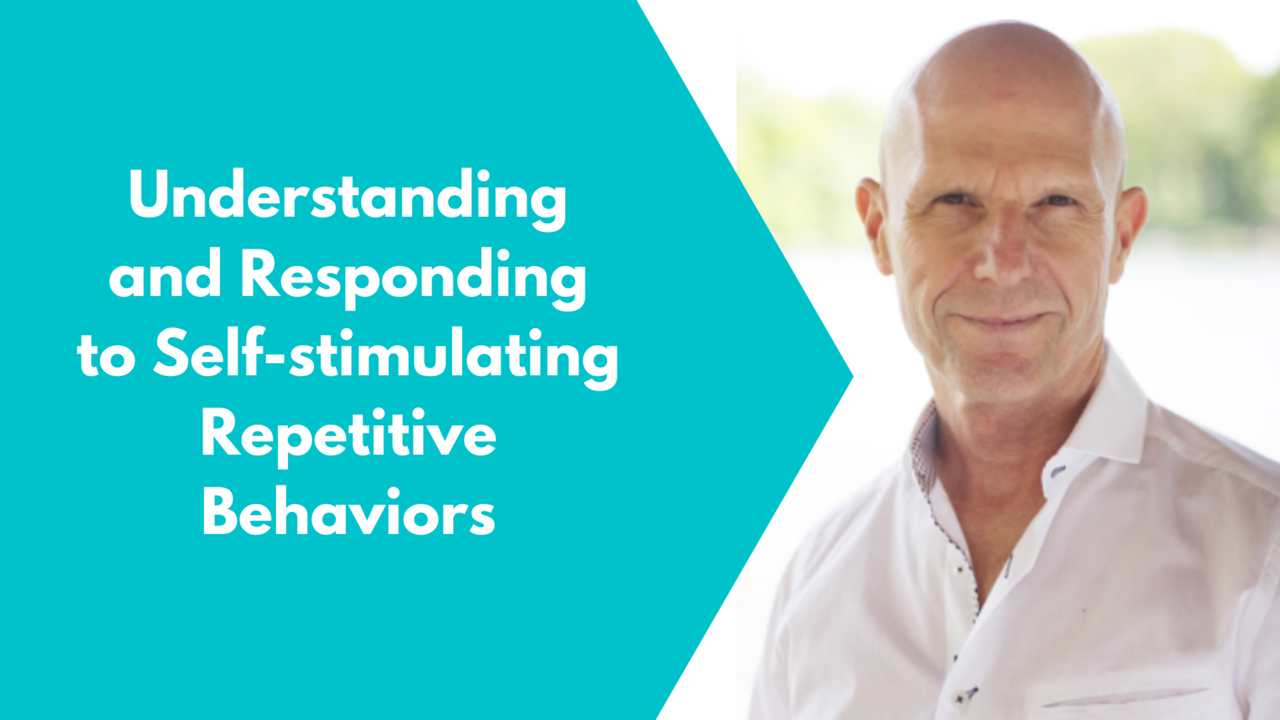Behavior Management in Classroom: What works and does not work?

Even though you have a behaviourally supportive classroom in place, you may still have a student who exhibits challenging behaviors and needs more individual behavioural support.
The first step is to try to figure out the function of the behaviour. While we tend to talk about the behaviour by its form (e.g., biting, hitting), we need to focus on its function (i.e., why it is occurring) to improve it.
The function of the behaviour is more important than the form of the behaviour because it tells us how to address it. Many times parents will ask me what to do about biting or spitting, but the question is not about what to do with those specific behaviours, but instead what to do with why these behaviours are happening.
In taking a proactive approach, we want to determine what is happening in the environment that keeps the behaviour occurring and hopefully what starts it off. If we know these pieces of information...
Techniques for Effective Classroom Management

Proactive and reactive approaches to classroom management address discipline styles. Every teacher uses one of the two approaches to deal with discipline issues and must find a way to effectively discipline his classroom for it to run smoothly.
Two Approaches
- A proactive approach is when the teacher tries to eliminate a problem behavior before it becomes a problem.
- A reactive approach is when the teacher deals with behavior when it becomes a problem in the classroom. Both approaches are used by teachers in addressing misbehavior in their classrooms. Teachers must deal with problem behavior to not interrupt the education process.
Understanding Why Students Misbehave - Four Types
- The attention seeker strives for attention so his behaviors will allow him to be the focus of the classroom.
- The power seeker refuses to follow direction and must have the last word.
- The revenge seeker will verbally abuse others.
- Some misbehave because they wish to avoid failure....
The Humble Marble

The story of the Humble Marble
One bright sunny day, as I sat in my therapy room waiting for my three-year-old client, the wide array of toys all around me caught my attention. They were all branded, shiny, bold, and bright coloured toys.
The child who would come to me for Autism intervention had language limitations. “I am sure he would have fun playing around here. These toys are way too good. They will surely engage him. Sure they will also alleviate parental concerns and give me an opportunity to help in his treatment” I thought.
Hiding behind the mother, the kid walked through the door. The cat-eyed cute little boy saw me from the corner of his eye for a fleeting second and quickly looked away. As I greeted and welcomed him, he continued to shy away from me.
After a while, his mother and I sat down to talk. Back of my mind, I was sure the little champ would head straight to play with the toys I had laid out.
Not really! A tiny green pebble kept in a vase on my...
A guide to Parenting Children with Special Needs

Welcoming a specially-abled child in your family isn't as easy as falling off a log. Cosmic questions and thoughts halt your consciousness. Where do we go? What to do? and perhaps the most salient of them all, why us?
Conceding that your child is different from normal kids takes you through an emotional roller coaster revolving around shock, denial, guilt, confusion followed by fear, grief, loss, powerlessness, disappointment and rejection. This may seem the end, but it isn't.
Accept your child as he/she is differently-abled. Instead of looking down on him/her and mourning what had happened, embrace the flaws.
Don't dwell on what went wrong. Instead, focus on what to do next. Spend your energies on moving forward together and finding the answer - Denis Waitley
Everyone is different, they will grow and develop at their own pace. Comparing your child with siblings, cousins, kids in the daycare class or even kids with the same disability will not make you feel any better. Your...
Understanding and responding to self-stimulating repetitive behaviours

The content of this article is derived from a video by Global Autism Solutions, particularly by Gerd Winkler, the director of the establishment, who has had an extensive amount of experience with families of children on the Autism Spectrum. You may find the video, titled “Understanding and responding to self-stimulating repetitive behaviour”, here.
In this video, a parent shared with the audience an observation she made of her son, where he tended to repeat a series of behaviours such as bargaining, getting angry, and crying before he adheres to perform a particular same task every day. Gerd addressed this observation by explaining the concept of self-stimulating repetitive behaviours and why children do them and extended his sharing by inspiring parents on how they can appropriately respond to such behaviours. The key essence of Gerd’s sharing focused on building trust in the child, and how this process is multi-staged and cannot be rushed or forced.
...
Parenting matters!

“Children are NOT a distraction from more important work. They are THE MOST important work.”
-C.S. Lewis
Parenting these days is a far more challenging task than it was ever before. The question that plagues young parents the most is, which is the best style? Whatever style of parenting one adopts it will have an impact on the child’s overall development.
There are four major parenting styles and each parent uses one or the other, based on the situation. Usually, one of them becomes their dominant parenting style. These can be loosely categorized into the following.
Authoritarian: In this style of parenting, children are expected to follow the strict rules established by the parents and failure to follow the rules usually results in punishment.
Authoritative: These parents establish rules and guidelines that their children are expected to follow but they explain the reasons for laying them down. When children fail to meet expectations, they are nurturing and...
When Parents change, so do their children.

The content of this article is derived from a video by Global Autism Solutions, particularly by Gerd Winkler, the director of the establishment, who has had an extensive amount of experience with families of children on the Autism Spectrum. You may find the video, titled “When Parents Change, So Do Their Children”, here.
In this video, parents voiced out their concerns about not being able to change certain “undesirable” behaviours of their children despite many attempts to correct them. Their conversations with Gerd presented important issues that reflected the impact parents have on their children’s learning and challenged them to be aware of their beliefs, assumptions, and judgements they have on their children, which may sometimes be unhelpful. Respecting children’s interest, and refraining from imposing expectations on them are two learning points that can be made from the video.
- Respect the child’s interests
Certain...
Positive Reinforcements and Learning

There are hundreds of day-to-day life situations where positive reinforcements are used. A boy gets a candy after helping someone, a baby takes his first steps and everybody claps, a student gets a star on his hand after nicely doing his worksheet, a girl gets a hug from her grandpa after picking up his cane, an employee gets a bonus for extra work hours, a customer gets a soap-free when he buys two, a soldier receives feedback by his sergeant upon successfully completing the task, a child with special needs receives a cookie and a high-5 with a big smile from his teacher when he successfully completes stacking a tower, etc. There so many more such examples where either we use them, not even knowingly; and we are also being used these techniques upon (e.g. in the example of the customer).
In all the above examples, one link is common. Something happens or something is done and after that (or as a result of that) a positive, enjoyable entity is added. This “added...
5 Ways To Calm An Anxious Child

Have you ever worried, felt nervous or experienced uneasiness?
These are feelings of anxiety and are normal responses when we are faced with important life event or during a difficult situation e.g. getting married or giving birth or going for a procedure. It can also happen to our children as well e.g. going for exams.
While we adults may be able to identify, express and calm our anxiety, our children may not be able to do that. So, how can we help our children when they are feeling anxious?
Firstly, we need to be able to identify what are the tell-tale signs that our child is experiencing feelings of anxiety.
Here are some tell-tale signs of anxiety in a child that you can look out for:
Starts to be clingy
Very prone to getting cranky or irritable
Gets awakened by bad dreams in the middle of the night
Feeling tensed up and often fidgety
Avoid daily activities, such as attending schools or socialising with friends
Secondly, how can we help our child to calm those...
The Cognitive Benefits Of Playing Video Games

From gaming arcades, television consoles, handheld consoles, mobile devices to online gaming, video gaming is undoubtedly one of the most popular entertainment these days. But do you know that playing video games can help to boost your cognitive skills? Here are 3 cognitive benefits of playing video games that you should be aware of:
Improves Memory - A gamer typically has to understand the ins and outs of the game structure. To achieve this, the gamer has to read and comprehend the game instructions and tactics. Making efforts to memorize/remember the gaming instructions throughout the whole entirety of the game is required in order to be able to progress to the next level. That’s how videogames help in improving a gamer’s potential to remember.
Enhances Multitasking Skills - There are so many details to take note of when playing video game. For example, a gamer has to remember to keep a lookout for oncoming enemies, when to launch an attack,...

